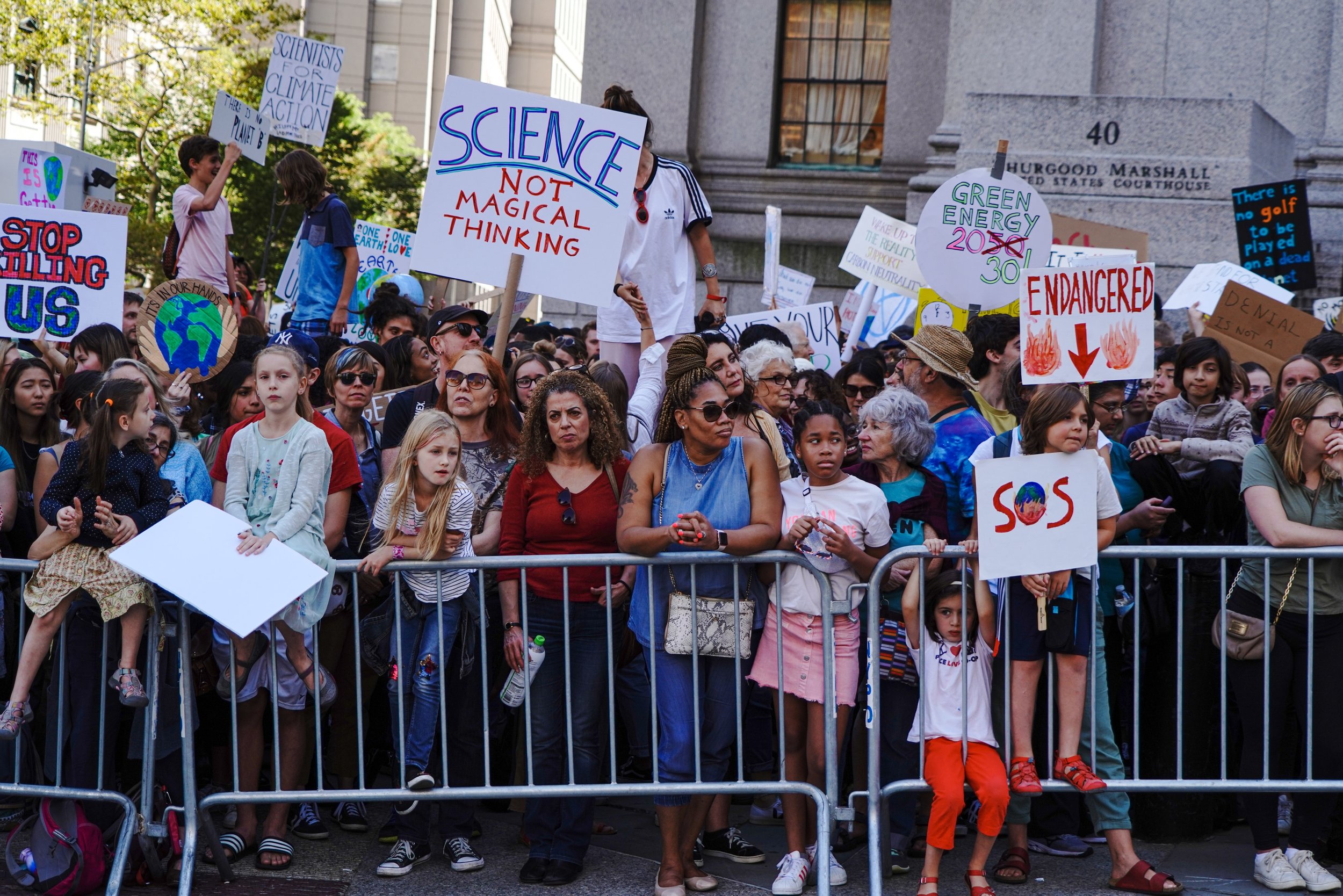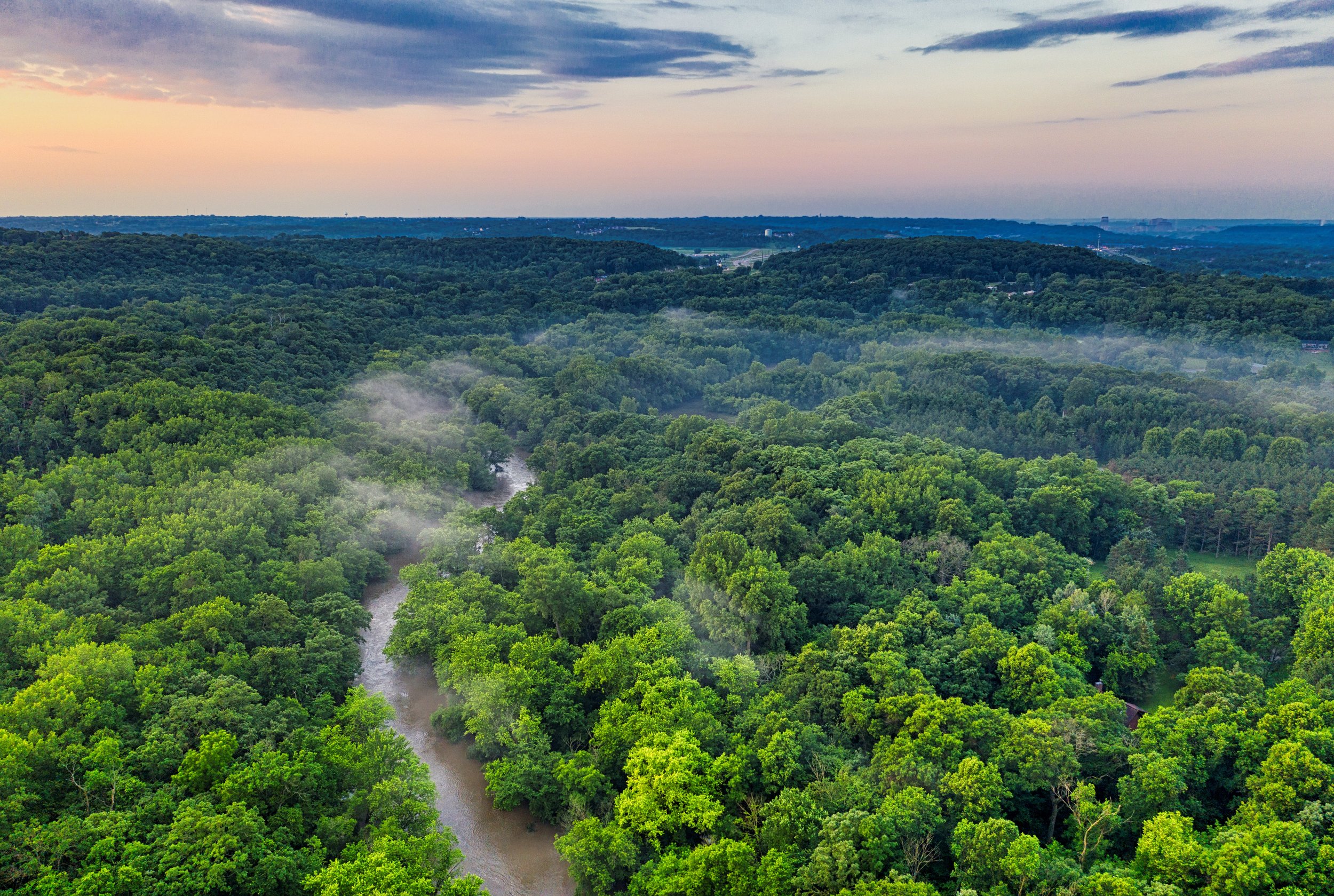Clearing the Air: Mobilizing Individuals in Developing Nations to Act Against Air Pollution
OPINION COMMENTARY:
The global toll of air pollution is staggering with over 4 million annual deaths and many ailments; most caused by the smallest particles (PM2.5) hanging in the air. Rajan Mehta suggests small lifestyle changes that can help save us against this scrouge.
How Reducing Methane Emissions Will Slow Climate Change
Methane is one of the most potent planet-warming greenhouse gases and is drawing intense global attention. Reducing methane emissions is the fastest way to reduce near-term planetary warming and advance our global climate, health, food security and energy transition goals. Prof. Robert Stavins leads a cross-disciplinary Research Cluster focused on reducing methane emissions, at the Salata Institute for Climate and Sustainability at Harvard University. Learn how Harvard-wide and broader global collaboration across law, economics, engineering, cutting edge satellite monitoring, private industry, and the COP28 “Global Methane Pledge” signed by 150 countries, are driving progress.
Book Reviews: Best Books for Kids on Climate Change – Explore, Learn and Make a Difference
Explore over 30 diverse climate change books for kids, spanning various age groups and featuring unique perspectives. Despite challenges such as politicization and book bans, these resources provide valuable insights, offering pathways for children to confront climate challenges through awareness and positive actions. Prepare the next generation for civic engagement through empowering climate literature.
Accelerating a Just Transition to 1.5ºC: Mobilizing Climate Finance through High-Integrity Carbon Markets
Global demand for high-integrity carbon credits is significant. However, current voluntary carbon markets lack transparency, consistency, and high-quality standards, hindering their potential contribution and impact on climate change. Annette Nazareth is spearheading the Integrity Council for the Voluntary Carbon Market focused on more efficiently mobilizing finance toward mitigation and climate resilient development with greater speed and scale.
Shared Responsibility for Climate Change: Who Should Fund the Solutions?
One way to mitigate the global climate crisis is to help developing countries build a carbon neutral energy and industrial infrastructure. This, however, requires both money and technology, resources possessed largely only by developed countries. In this article, Rajan Mehta analyzes the issue of emissions responsibility and suggests a pragmatic approach to limit climate change and reduce its impact.
Building Climate Stability
Addressing climate change effectively requires understanding factors other than CO2 and greenhouse gas emissions. Susan Farist Butler discusses how not enough attention has been given to other inter-related factors impacting global climate health: heat, water, and photosynthesis.
Climate Change: Perspectives from a Scientist and a Scholar
Tom Conforti has a conversation with Daniel Schrag, Professor of Geology, Environmental Science and Engineering at Harvard University, Director of the Harvard University Center for the Environment and Co-Director of the Science, Technology and Public Policy Program at the Belfer Center for Science and International Affairs at the Harvard Kennedy School, about climate change, solutions and adaptation.
COVID-19 and Climate Change: A True Public Health Crisis
COVID-19 RECOVERY SERIES:
A conversation with Dr. Renee N. Salas, Affiliated Faculty at the Harvard Global Health Institute (HGHI) and a Yerby Fellow at the Center for Climate, Health, and the Global Environment (C-CHANGE) at the Harvard T.H. Chan School of Public Health, about how climate action needs to be seen as a prescription for better health and achieving health equity.








